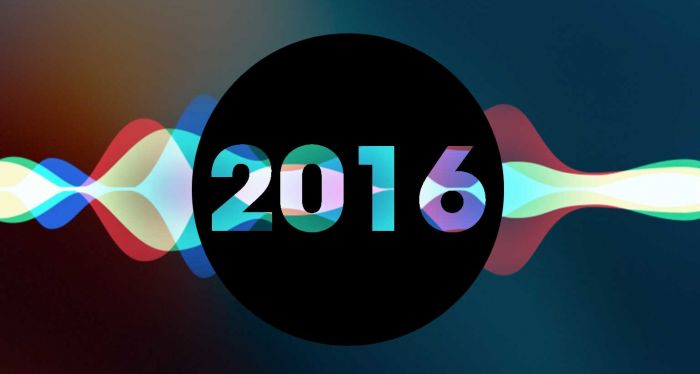5 Things We Learned About IT In 2016
Views, News & more

Hacks are the new normal
Another year, another series of high-profile digital thefts from household name firms. The runaway winner this year was, without a doubt, Yahoo, which confirmed data from more than one billion accounts may have been hacked by a “state-sponsored” actor. With the data including names, email addresses, telephone numbers, dates of birth and hashed passwords and, in some cases, encrypted or unencrypted security questions and answers, the breach represents one of the most significant hacks in, well, the history of cyber crime.
If it tells us one thing, it’s that hacking has well and truly hit the stage. It’s here to stay. Are businesses equipped to tackle it? On the face of it, despite investing millions of pounds into managing online attacks, they still keep on happening. With the cyber criminals seemingly always one step ahead of the rest of us, the to-and-fro between big brands and secretive hackers is one of the dominant tussles of the modern era.
Big data is, well, big
2016 was the year big data went from being a tool companies can use to inform their strategies to something much bigger: a powerful force that has a major role to play in communication, messaging and persuasion. By brands, organisations and, as we blogged following Donald Trump’s US presidential election success, by politicians. Trump’s team had employed a big data firm to revolutionise the nominee’s campaign planning and strategy approaches - and it looked like it worked.
Self-driving cars hit top gear
They’ve been talked about for some time, but 2016 was the year self-driving cars well and truly hit the stage. Suddenly, it feels as though autonomous vehicles have gone from something just ‘in development’ to something real and tangible. With companies including BMW, Intel, Uber, Volvo and Ford all pledging to have sans steering wheel motor cars ready within just a few years, it surely won’t be long before we’re driving them ourselves. That, of course, opens up a whole new can of worms - insurance and road safety to name just two - but that’s all part of the fun, right?
Amazon hits the number one spot for cloud
That’s right. While we all know that Amazon reigns supreme when it comes to deliveries of consumer goods, another area in which it excelled in 2016 was the performance of its cloud computing service, AWS. In fact, AWS was the ecommerce giant’s most profitable division, generating in excess of $10 billion. “Amazon is basically an enterprise cloud company that engages in e-commerce for giggles,” the writers at ZDNet concluded in an end-of-year review.
Broadband continues to be a problem for public sector technology
Unsurprisingly, the debate dominating the public sector technology world in 2016 has been broadband. Or lack of it. Concerns about poor speeds, limited access in some areas and zero access in others have pushed broadband to the top of the to-do list. Most business organisations agree the government must do more to improve broadband to organisations have the tools they need to thrive online. Happily, the end of 2016 saw a spot of good news: the government pledged £440 million to help up to 600,000 extra homes and businesses in the hardest-to-reach parts of the UK get superfast broadband.
What did you learn about IT and technology in 2016? Let us know.
Get in touch
020 7847 4510
We may process your personal information in order to send you information you request, measure and improve our marketing campaigns, and further our legitimate interests. For further details, see our privacy policy.
Contact us
-
- Head Office:
- hSo, 50 Leman Street, London, E1 8HQ
- Switchboard:
- 020 7847 4500
- Support (24x7):
- 0333 200 3337
- support@hso.co.uk
- Marketing & Sales:
- 020 7847 4510
- info@hso.co.uk

















